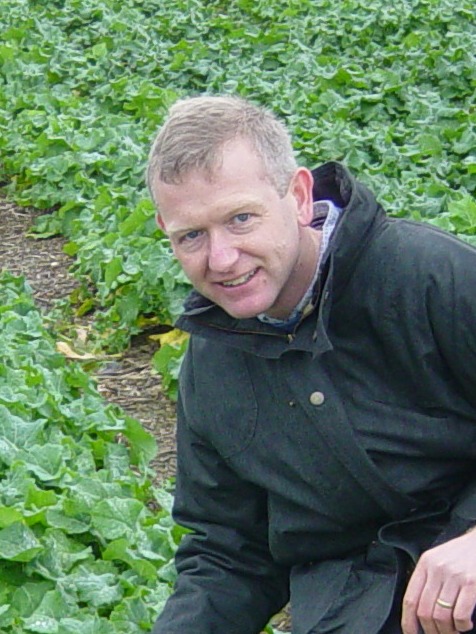
Whether to grow winter oilseed rape this autumn is a matter that has been discussed at great length and in great detail. The loss of neonicotinoids, rising input costs plus lower prices for rape seed have led some growers to re-consider the future of oilseed rape in their rotation. “But historically rape has been the highest Gross Margin break crop and one that is certainly the easiest to grow. Other break crops are much more challenging agronomically, hard to get the necessary quality spec for a premium or have limited end markets,” reminds Neil Groom, Technical Director of Grainseed.
Rather than dismissing oilseed rape, there are positive and proactive ways of streamlining inputs to improve returns from this crop, he says.
“The potential savings on inputs starts with seed costs. Our conventional varieties - Astrid, Cubic, Alienor, Alegria and Mambo - are all packed in 4 million seed packs, sufficient to plant 5 hectares at 80 seeds/m². All of our seed is treated with Hy-Pro Duet (thiram + prochloraz) for early disease control and Radiate, which is a zinc-based treatment, to aid germination and establishment. Or you can save your own seed, being conventional varieties,” says Neil.
The next step is early vigour and good crop establishment, says Neil. “Without neonicotinoid seed treatments, the potential for flea beetle attack is ever present when trying to establish rape. Varieties with excellent, proven autumn vigour should be used to give the plants the best possible chance of growing away from attack and also reducing the number of applications of pyrethroid insecticides needed. Here you are reducing costs and providing an environmental benefit.”
“But it is very important to realise that autumn vigour is a characteristic of the individual variety, not the variety type. In other words not all hybrids are vigorous, whilst some conventionals are very vigorous indeed. Work at NIABTAG by rape expert Simon Kightley has led to this conclusion,” reports Neil.
“Two of our varieties Es Alienor and Es Alegria, both conventional types, have demonstrated exceptional autumn vigour, both in trials and in the field – as good as or better than the hybrids. Our new variety Es Mambo has excellent autumn vigour too. It is the inherent vigour characteristic that makes the real difference to any variety as it allows the crop to establish rapidly and well and to grow away from pest pressure, including that of pigeons.”
“Savings can also be made when it comes to disease control. Once again inherent varietal resistance to Phoma, the most widespread and damaging disease of rape, can reduce the need for multiple fungicide treatments. Choosing a variety with a sound, proven resistance profile helps reduce growing costs and increases flexibility of spray programmes. All our conventional varieties have stable multigene resistance to Phoma stem canker, with at least a 7 rating, and have the standard resistance ratings to Light Leaf Spot.”
The other disease of oilseed rape to worry about is Verticillium wilt which can devastate yields but, unlike Phoma and Light Leaf Spot, there are no effective fungicides to use. “The only effective control method is to grow a variety that is resistant. Alienor, Alegria and Cubic all have proven UK resistance, having been tested by ADAS, AICC and NIAB on badly infected sites. Early indications are that our new variety Mambo shows just as good Verticillium wilt resistance as these varieties do, which is good news.”
“Our varieties Alienor, Astrid and Alegria are low biomass varieties and this in itself results in savings during the spray season and at harvest. Short, stiff strawed varieties are much more cost-effective to manage and to harvest. The cold spring this year has kept crops short and some of the big, late maturing varieties have kept standing better because of this.”
So choosing your rape variety to drill this autumn is crucial, but going for varieties that yield well on farm with excellent vigour and disease control across the board will mean easier and more cost-effective management and better returns for growers, says Mr Groom.
